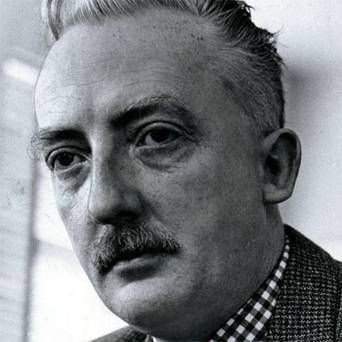[caption id="attachment_69687" align="aligncenter" width="600" caption="Congressman Joe Crowley."]
Congressman Joe Crowley has added his voice to the growing chorus of political concern over the Boston College Troubles archive case.
In a letter to Secreyary of State Hillary Rodham Clinton, the New York Democrat echoed concerns already outlined in a letter to Clinton from Senate Foreign Relations Committee chairman John Kerry.
"In recent months, wrote Crowley, "British authorities have sought to invoke the United States-United Kingdom Mutual Legal Assistance Treaty to obtain materials from Boston College°s Oral History Archive on the struggles in Northern Ireland."
Crowkey wrote that he was "deeply concerned" about the implications of this matter, "as some observers believe it is a request of a political nature made by a party to the conflict and intended to damage the Belfast (Good Friday) Agreement and progress toward peace in the North."
Stated Crowley: "As someone like you who has actively followed the struggles in the North as Well as the peace process, I believe there have
been many important achievements. However, attempts such as this may appear to be aimed at undermining the courage and patience shown by those committed to change through-peaceful means.
"The MLAT was intended to facilitate investigations into crimes, not to call into question the hard-won steps toward peace emanating from the Belfast Agreement.
"The issues underpinning this situation are longstanding, and for that reason the United States Congress has long made clear in our dealings with the British government that treaties between our two countries should not be used toward political ends in the North.
"For example, a proviso in the Senate resolution of ratification on our extradition treaty adopted in 2007 states that 'The Senate understands that the purpose of the Treaty is to strengthen law enforcement cooperation between the United States and the United Kingdom by modernizing the extradition process for all serious offenses and that the Treaty is not intended to reopen issues addressed in the Belfast Agreement, or to impede any further efforts to resolve the conflict in Northern Ireland."
Crowley expressed the view to Clinton that in the interest of maintaining peace and avoiding any "diminishment in trust" between all parties involved, "I hope the British authorities will withdraw this attempt to invoke the MLAT. I hope you Will convey the feelings of Congress to the British authorities and urge them to desist from this request."
Meanwhile, representatives of the AOH, the IAUC and the Brehon Law Society have welcomed Senator Kerry's intervention in the BC case which is now the subject of two appeals following court ruling in Massachusetts that have compelled Boston College to release archive material to the U.S. Justice Department.
"We welcome the voice of Senator Kerry urging that the British subpoena request be revoked. We share his concerns for the peace process and for the chilling effect this request has on academic inquiry and journalistic integrity," said Seamus Boyle, National President of the AOH,
"Senator Kerry is quite correct to be concerned that if the misuse of this treaty were to be permitted in this instance and, for other instances like searching decommissioning records at Boston College, the confidence building so necessary for a peace with justice will be impaired," Boyle added.
Thomas J. Burke Jr. National President of the IAUC, also lauded Kerry.
"His role in the adoption of the Mutual Legal Assistance Treaty in 2006, and as a witness to the efforts of many to make the Good Friday Agreement work gives him a unique and valuable perspective that we hope will be adopted by Attorney General Holder," Burke said.
"No credible claim can be made that any material held by Boston College has evidentiary value. That makes no difference to the remnants of a political police force (RUC) whose expertise was suppression of evidence and collusion in the murder of Nationalists and Catholics. Today, these same elements work their political agendas to undermine efforts to build a professional police force dedicated to equal treatment under the law," said Jim Cullen of the Brehon Law Society following a conference call with Boyle and Burke.









